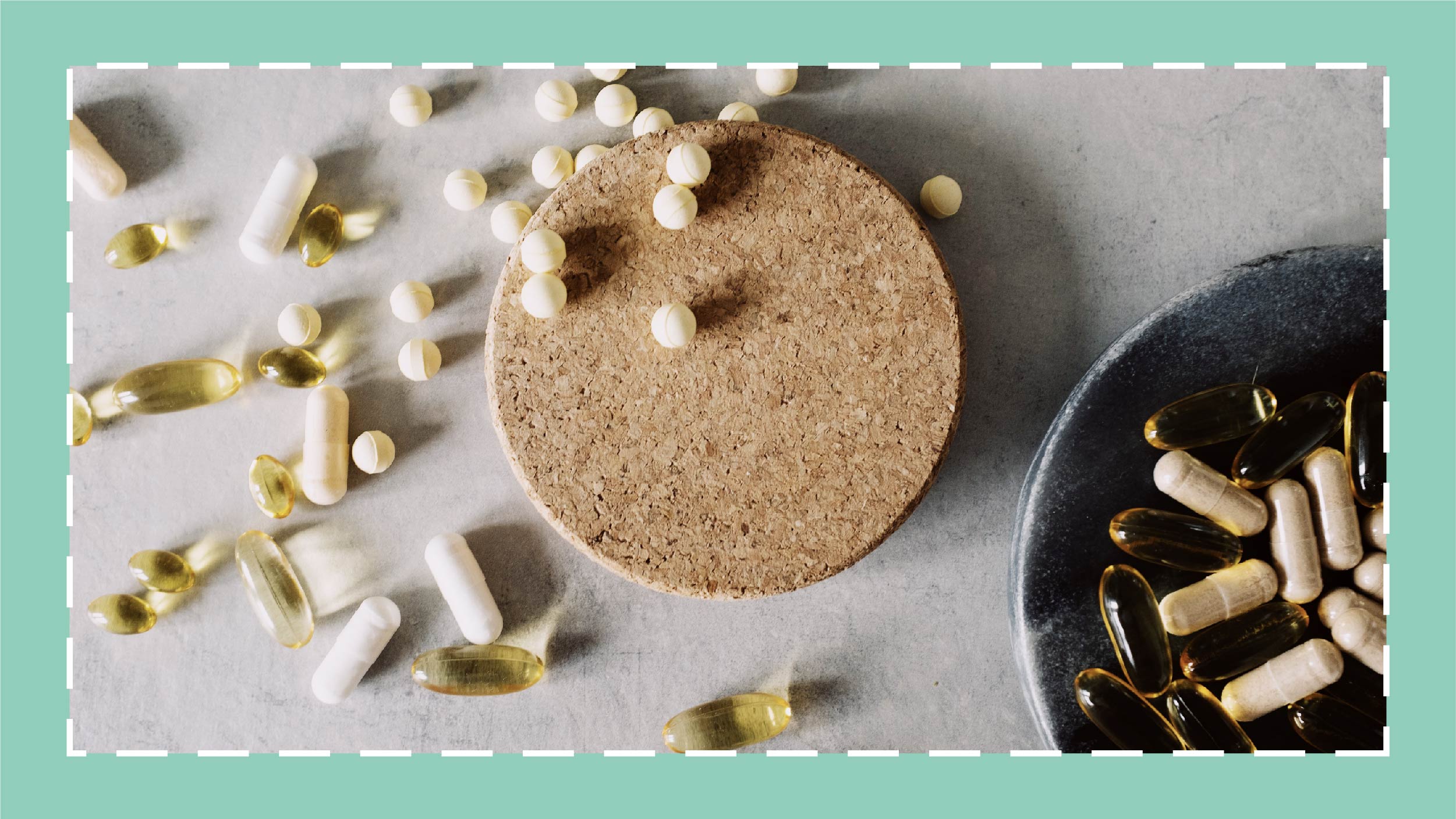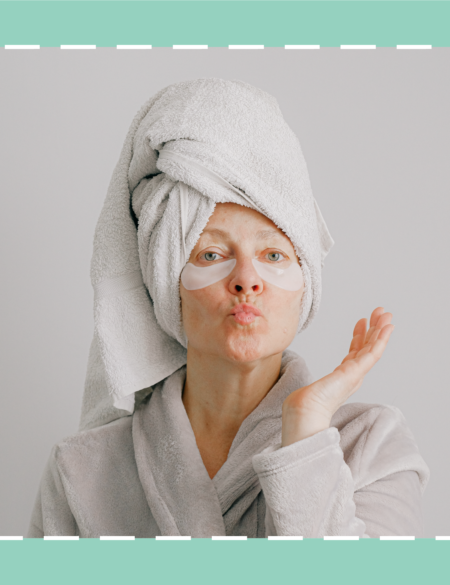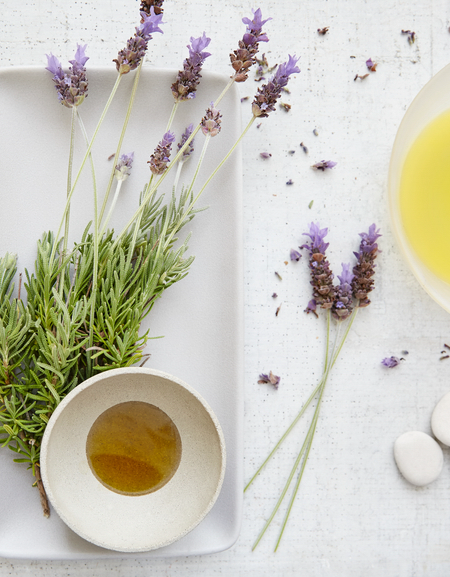Could taking a pill help you attain glowing, clear, and youthful skin? As the beauty supplement category continues to grow, we break down everything you need to know before getting in on the ingestible trend.
In recent months, you might have noticed an uptick in the number of brands rolling out shiny new supplements. You’re not imagining things. There is a definitive rise in juices, powders, and pills hitting the market right now, and it’s both exciting and overwhelming. Some of these brands offer straight up nutritional vitamins, such as Ritual or Care/Of, while others have a skincare focus, such as RMD Beauty Supplements, Moonjuice, and HUM Nutrition.
Today, with insight provided by Newport Beach, California-based cosmetic dermatologist Dr. Stefani Kappel, we’re focusing specifically on the latter category. Our goal is to outline how beauty supplements vary from traditional supplements and, more importantly, which ingredients are worth your while.
What are beauty supplements and how do they work?
Before diving into the deep end, let’s first address the difference between beauty supplements and traditional vitamins. The answer is pretty straightforward.
“Beauty supplements contain the vitamins that are pertinent to skin health, like vitamin A, vitamin C, and biotin — and these are in higher concentrations,” explains Dr. Kappel. “Multivitamins contain additional vitamins that are not as important for skin health.”
In that sense, you shouldn’t replace your regular multivitamin with a beauty supplement because it may not provide the full range of nutrients your body requires. Consider it more of a complement to your current vitamin routine and even an extension of your skin care regimen.
But do they actually work?
As with anything on the market, some products are superior to others and you shouldn’t believe every claim you read. The two most important factors to consider when shopping for beauty supplements is whether the ingredients will have an active effect once ingested (what’s referred to as bioavailability) and the stability of the compounds.
“If a molecule gets broken down or cannot be absorbed or cannot make it to the skin, then it’s not effective,” notes Dr. Kappel. “Always looking at FDA approval and data behind the supplements that prove the benefits is helpful.”
In short: evidence-based science that supports the use of any over-the-counter supplement is ideal and should be your metric.
The Most Common Beauty Supplement Ingredients
To help you get a head start on your research, we did some digging on what ingredients work and which are over-hyped.
Biotin — Biotin has existed as a beauty supplement for many years. It’s available as a stand-alone pill and is also commonly found in traditional multivitamins for women, as well as in beauty supplements. Biotin has been scientifically linked to strengthening nails and promoting hair growth.
Vitamin A — Vitamin A and its derivatives can boost both cell and collagen production. It can also help with acne, eczema, sunburns, and psoriasis. Note that it should be taken in moderation since too much can be harmful to the system. Speak with your doctor about an appropriate dosage.
Vitamin C — You may already know that vitamin C is an excellent ingredient to apply topically because of its brightening and anti-aging effects. It also has benefits when taken orally, including UV protection and generally bolstering the skin’s barrier.
Vitamin E — The verdict is still out on vitamin E’s ability to affect the skin, according to this 2016 study. The conclusion states, “After so many years of research on vitamin E, it is still unclear as to whether millions of dollars worth of vitamin E products paid for by patients and consumers have been of any benefit.”
Collagen — Though collagen is exceptionally buzzy right now, the science is also not quite there yet for ingested supplements. Some studies show that it can improve laxity in aged skin, but that it doesn’t necessarily help with firmness, anti-aging, or moisture retention like many purport.
Hyaluronic Acid — Yep, hyaluronic acid can also be taken in pill form in addition to being applied topically. It’s not quite as buzzy as collagen yet, but it’s starting to make the rounds in beauty supplements. Unfortunately, Dr. Kappel says that, like collagen, supplements containing hyaluronic acid do not get absorbed easily and rarely make it to the skin. Stick to topical application for the best results — it works exceptionally well that way.
Fish Oil — Fish oil has been linked to promoting overall hydration to the skin, which can result in a more youthful, buoyant complexion. It may also help with acne, according to this study.
CoQ10 — Dr. Kappel says that Coenzyme Q10 — often abbreviated CoQ10 — has proven beneficial effects in the skin. This study concluded that it is an effective antioxidant that “prevents the generation of free radicals and modifications of proteins, lipids, and DNA.” Another study also found that it can help reduce signs of aging.
Bottom Line
The above certainly isn’t a comprehensive list, but it covers the most frequently included ingredients in beauty supplements on the market today. We highly recommend taking Dr. Kappel’s advice and researching any supplement (and its ingredients) that you may be considering. The bottom line is that science is your friend.
We also want to reiterate that beauty supplements are just that — a supplement. They should not replace your multivitamin or skincare regimen. The most important things you can do for your skin include wearing SPF religiously, hydrating like you mean it, eating a well-balanced diet, and sticking to a routine that works for you.














